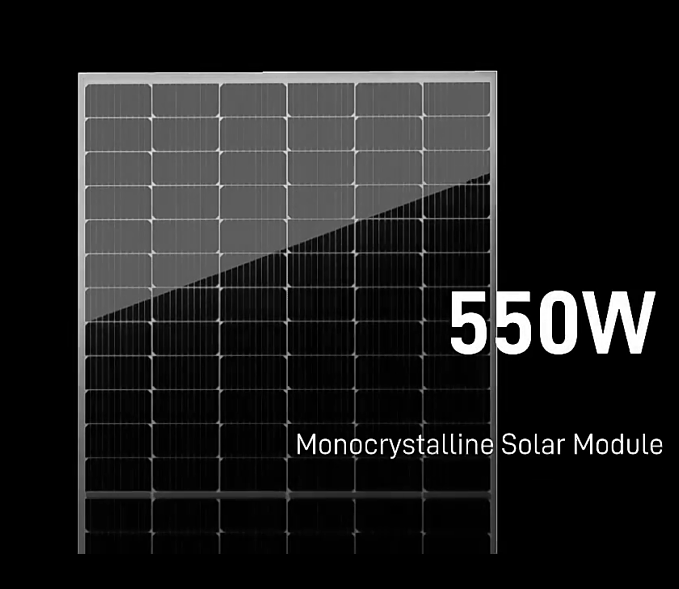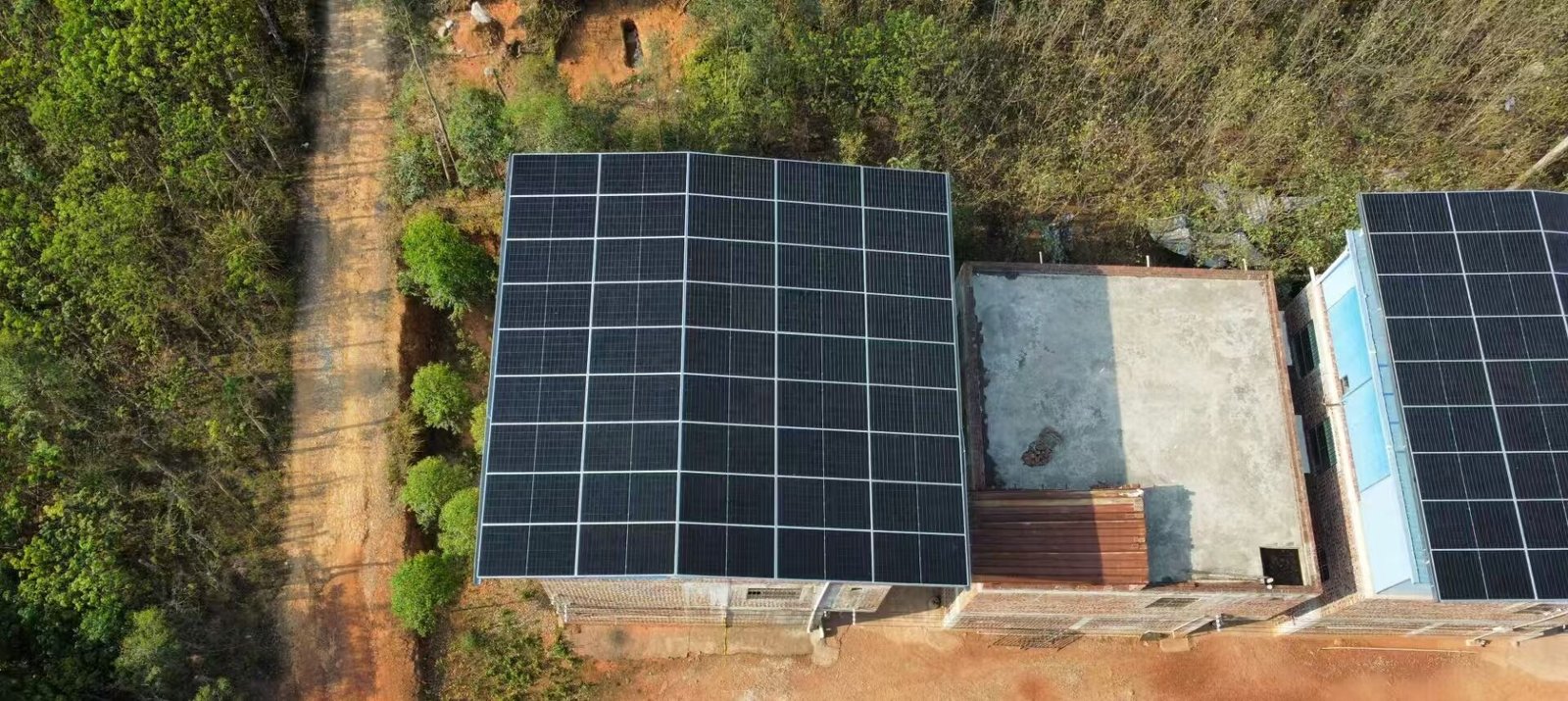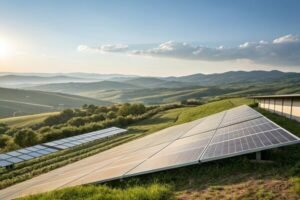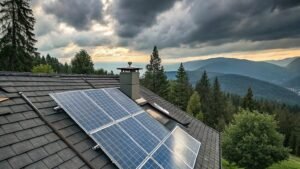Double-Glass vs. Traditional Solar Panels: What's the Difference?
•
Are you getting the most durable and efficient solar panels for your installation? The glass sandwich construction of double-glass panels offers surprising advantages over traditional backsheet models.
Double-glass solar panels replace the polymer backsheet with a second tempered glass layer, increasing durability by 300% while improving heat dissipation and extending product lifespan to 30+ years.
While traditional solar panels dominate the market, double-glass technology is gaining traction for its superior performance in harsh environments and long-term reliability benefits.
Structure and Advantages of Double-Glass Panels
What makes double-glass panels worth the extra investment? The secret lies in their innovative sandwich construction and material science.
Double-glass panels bond solar cells between two 2-3mm tempered glass sheets using advanced encapsulants, creating a hermetic seal that prevents moisture ingress and microcrack formation.
Key Benefits of Double-Glass Construction
-
Enhanced Durability
- 5x better hail resistance (up to 35mm hail stones)
- Withstands 5400Pa snow loads vs. 2400Pa standard
- Salt mist corrosion resistance for coastal areas
-
Performance Advantages Metric Improvement Heat dissipation 15% cooler operation Light transmission 2-3% more sunlight captured PID resistance 80% less power degradation -
Longevity Factors
- 0.5% annual degradation vs. 0.8% traditional
- 30-year linear power warranty available
- Fire rating upgrade to Class A
"Our field tests show double-glass modules maintain 92% output after 25 years versus 85% for conventional panels" - LONGi Solar Technical Report
Environmental Suitability: When to Choose Double-Glass Panels
Where do double-glass panels make the most financial sense? Certain installations benefit disproportionately from their rugged construction.
Double-glass panels deliver superior ROI in: coastal regions (salt resistance), high-temperature climates (better cooling), areas with frequent hail, and commercial rooftops requiring fire safety.
Ideal Applications Breakdown
-
Climate Considerations
- Tropical: Humidity resistance
- Desert: UV and heat tolerance
- Alpine: Snow load capacity
-
Installation Types Project Type Benefit Floating solar Waterproof integrity Agrovoltaics Higher light transmission Carports Enhanced safety -
Economic Justification
- Projects with 20+ year horizons
- Locations with high weather risk
- Installations with difficult access
Case Study: A 10MW plant in Texas saw 23% fewer replacements after hailstorms when using double-glass versus traditional panels, justifying the 8% upfront cost premium.
Cost and ROI of Double-Glass Solar Modules
Do double-glass panels justify their price premium? The long-term math reveals surprising value for many installations.
While double-glass panels cost 5-10% more initially, their 5-7% higher energy yield and reduced degradation can deliver 15-25% better lifetime ROI in suitable environments.
Financial Analysis Components
-
Upfront Costs
- Module price: +$0.05-$0.10/W
- Mounting: Similar or lower cost
- Shipping: 15-20% heavier
-
Operational Savings
- 30-50% lower O&M costs
- Reduced cleaning frequency
- Fewer warranty claims
-
Performance Factors Year Double-Glass Advantage 5 3% more energy 10 6% more energy 20 11% more energy
Financing Note: Many lenders offer better terms for double-glass installations due to their proven reliability, potentially offsetting the initial cost difference.
Conclusion
Double-glass solar panels offer compelling advantages for projects prioritizing longevity and performance, with their extra cost often justified by superior lifetime value in challenging environments.






